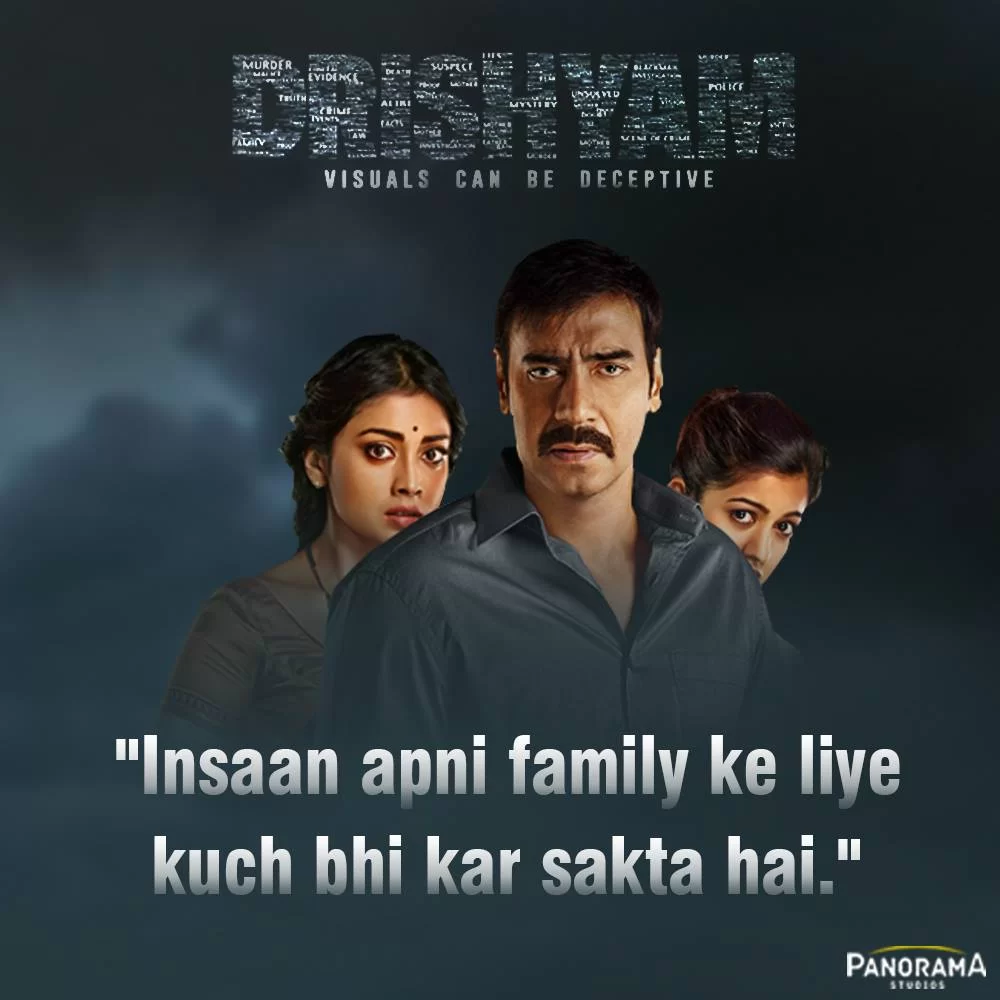In India, when it comes to the film industry, there’s one big question that causes confusion: Who owns the right to remake a movie? Is it the director, the scriptwriter, or the producer? The answer isn’t simple—but let’s break it down in a way that makes sense.
🎬 First, What Makes a Movie?
A film is made up of many creative elements:
- Story and screenplay
- Dialogues
- Music and lyrics
- Direction
- Acting
- Cinematography and sound
Each of these has its own creator, and under copyright law, each creator is considered the “author” of their part. But here’s the twist: only one person gets to be called the “author” of the entire film—and that’s usually the producer.
Why? Not because producers are always the original creators, but because the law says they are the first owners of the final film, unless agreed otherwise in writing.
📽️ So, Who Gets the Remake Rights?
Most people assume the scriptwriter should own the remake rights, since the story came from them. But Indian courts, including in the S.J. Suryah vs S.S. Chakravarthy case, have said that producers get the remake rights—unless there’s a written agreement that says otherwise.
In other words:
The default rule is: producer owns remake rights. The exception: writer proves they own it through a contract.
This can surprise many creators who were given credit in the film. But credit alone isn’t proof of ownership. If you haven’t signed a contract assigning your rights, the court might still assume the producer owns them.
📚 What If the Movie is Based on a Book?
Now let’s throw in another layer—what if the film is based on a novel?
Before making a film based on a book, a title search and copyright due diligence should be done to:
- Check if the book is in the public domain (usually 60+ years after the author’s death in India).
- If it’s not, find the legal rights holder—could be the publisher, the author’s family, or a literary estate.
- Get a No Objection Certificate (NOC) or license to avoid legal trouble later.
Even when a book is in the public domain, giving credit is still important, ethically and often contractually.
🧾 But What Does “Remake” Really Mean in Law?
Indian copyright law doesn’t clearly define “remake rights.” Instead, it talks about:
- Right to copy
- Right to communicate to the public
- Right to sell or rent
Courts have tried to stretch the meaning of “copy” to include “remake,” but not everyone agrees. Many argue that a remake is not a copy—it’s an adaptation, and adaptation rights usually belong to the original writer, not the producer.
That means, legally speaking, a remake may be more connected to the script or story than to the film itself. So unless the writer has clearly assigned those rights to the producer, the producer may not automatically have them.
🎞️ What Should Filmmakers Do?
If you’re a producer, make sure you get written assignments from every key creator—scriptwriter, director, lyricist, etc.—to avoid confusion.
If you’re a writer, don’t rely on verbal promises or credits. If you want to keep your remake or adaptation rights, say so clearly in a contract.
💡 Final Thoughts
The remake rights puzzle is still evolving in India. Some courts lean toward producers, others support writers. The safest approach? Write it down. Make it clear. Protect your work.
As the Indian film industry becomes more global, it’s time for more clarity and fairness in how remake rights are understood and shared.
👉 Want to understand more about how remake rights are bought, sold, and managed?
Check out this helpful guide:
Remake Rights Agent in India – Leading Cross-Country Film Script Trade

